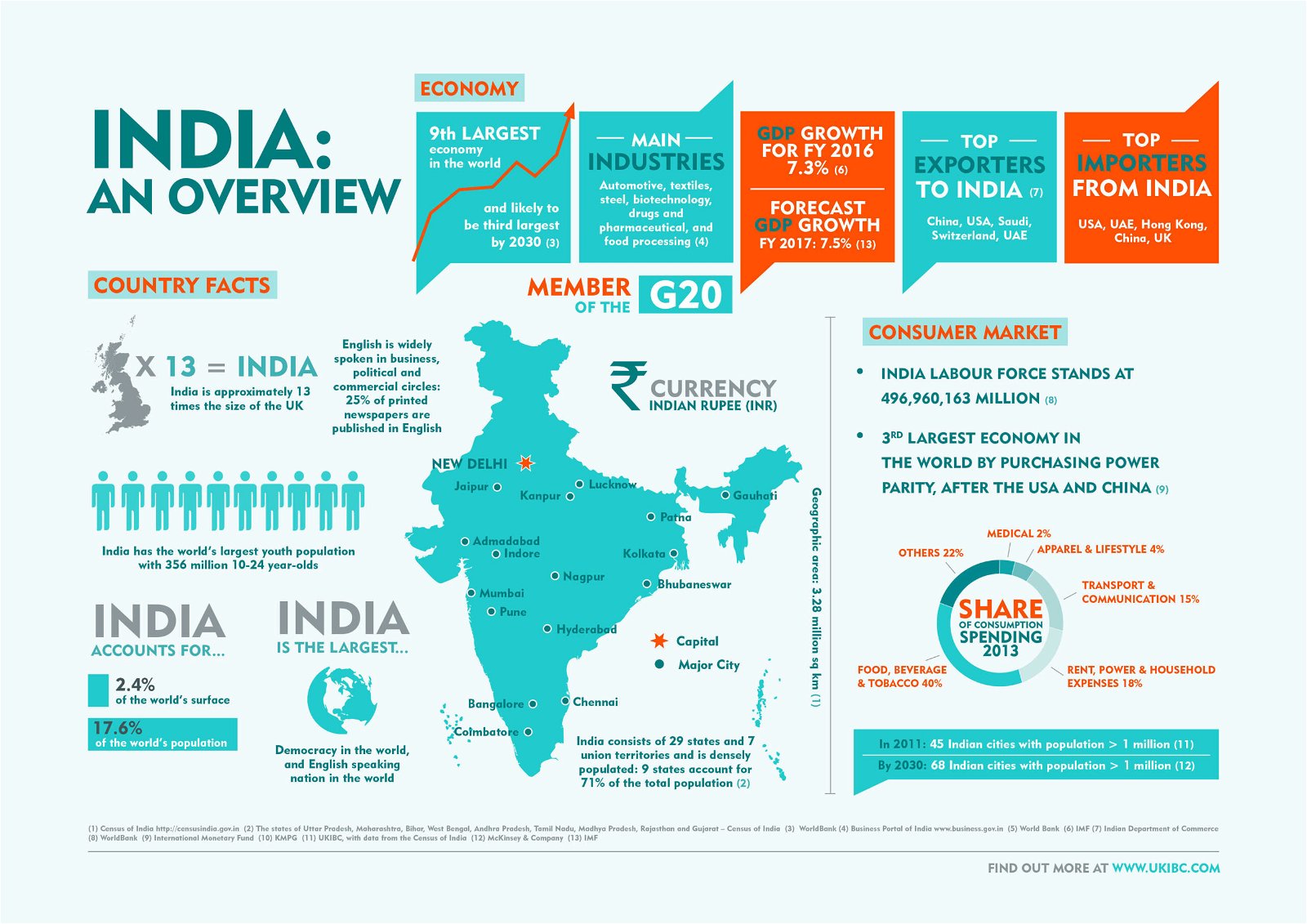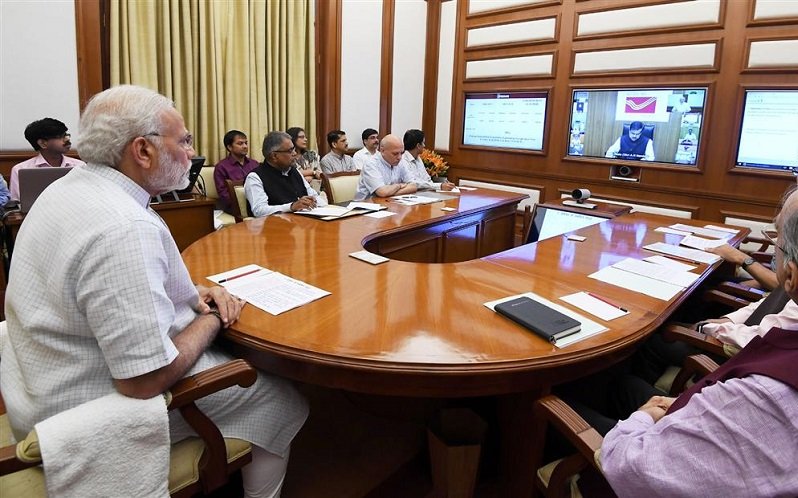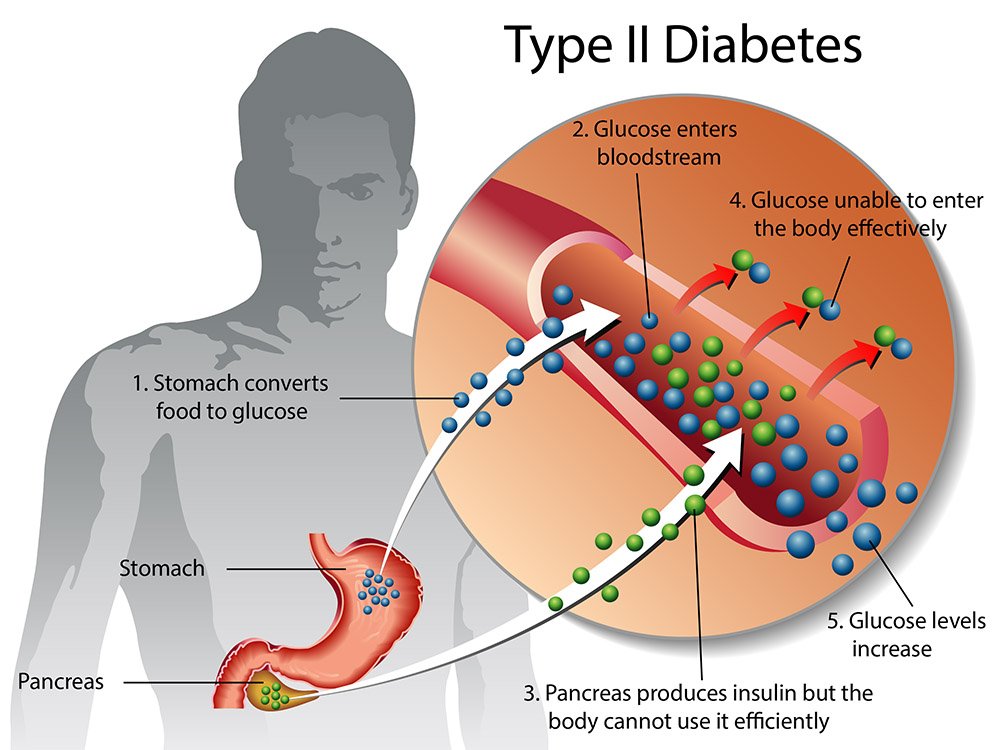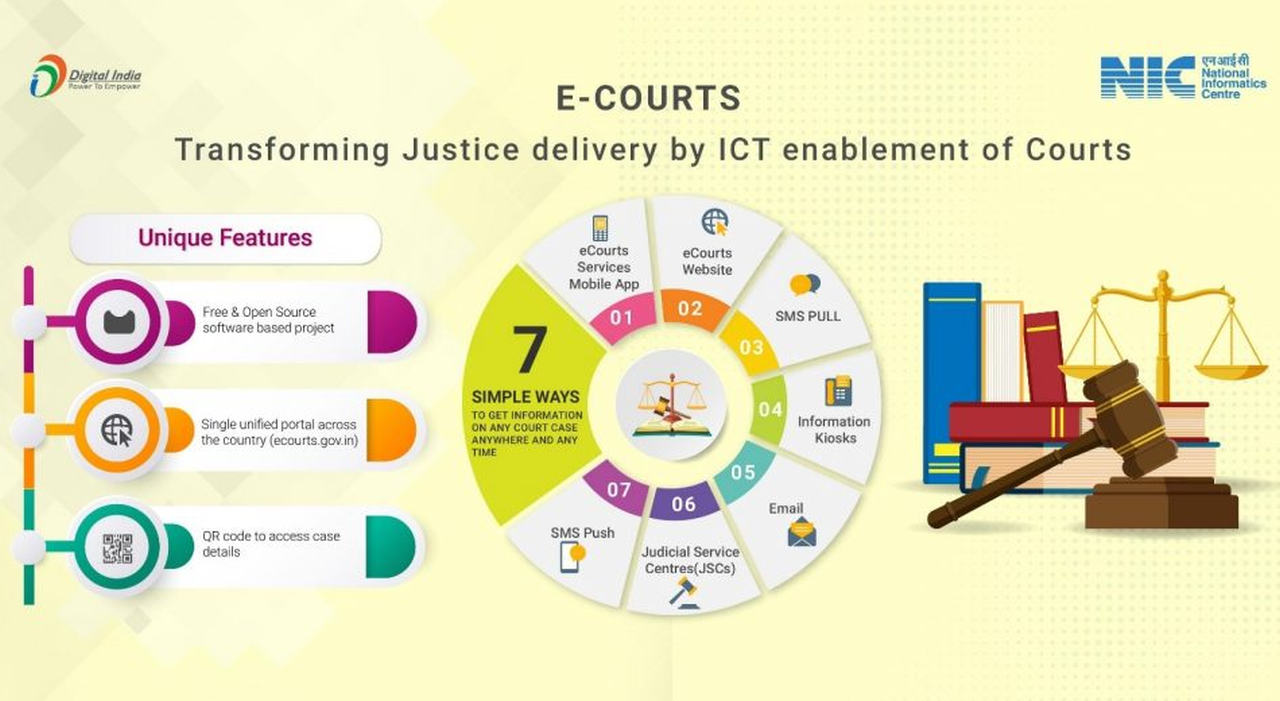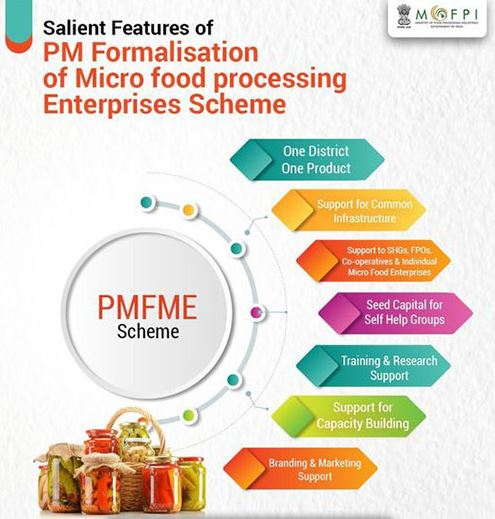
Prior Approval
Subscribers of "Current Affairs" course can Download Daily Current Affairs in PDF/DOC
Subscribe to Never Miss an Important Update! Assured Discounts on New Products!
Must Join PMF IAS Telegram Channel & PMF IAS History Telegram Channel
- Context (IE): Recently, the SC issued a divided verdict on the requirement of Prior Approval from the GoI before investigating offences under the Prevention of Corruption Act (PCA), 1988.
- Verdict was on CM Chandrababu Naidu’s plea to quash an FIR in alleged skill development scam case.
- Justice Bose held that prior approval was necessary before conducting an inquiry into the allegations against Naidu, which the CID did not have when it opened the investigation.
- Justice Trivedi held it was necessary to seek approval under Section 17A of the PCA Act only to investigate offences committed after 2018, the year this requirement was introduced.
Prior Approval Requirement
Under Delhi Special Police Establishment Act, 1946
- In 2003, an amendment to the Delhi Special Police Establishment Act, 1946 (specifically Section 6A) was made.
- It mandated that agencies like the CBI seek GoI’s approval before probing alleged offences under the PCA, 1988, if the implicated employee held a rank higher than a joint secretary.
- The SC eliminated this requirement in 2014.
The Delhi Special Police Establishment Act
|
Under the Prevention of Corruption Act (PCA), 1988
- In 2018, the PCA underwent an amendment, incorporating a provision comparable to Section 17A.
- As per section 17A, if a public servant commits an offence under the Act during official duties, investigators must receive approval from the central/state government or a competent authority to initiate an inquiry.
Prevention of Corruption Act (PCA), 1988
|
Challenges posed by Prior approval provision
- It impedes tracking down corrupt public officials.
- It undermines the purpose of anti-corruption legislation.
- It places the burden on police officers and investigating agencies, which would, in effect, protect corrupt officials.
- It is “tough” to determine if a public official committed an offence while discharging their duties if no investigation could be conducted in the first place.
- In its 2014 judgment, the SC observed that such provisions are destructive to the objective of the anti-corruption laws and sometimes result in a forewarning to those officials involved.
- In 2018, the NGO Centre for Public Interest Litigation (CPIL) challenged the constitutionality of the prior approval requirement.




![PMF IAS Environment for UPSC 2022-23 [paperback] PMF IAS [Nov 30, 2021]…](https://pmfias.b-cdn.net/wp-content/uploads/2024/04/pmfiasenvironmentforupsc2022-23paperbackpmfiasnov302021.jpg)

